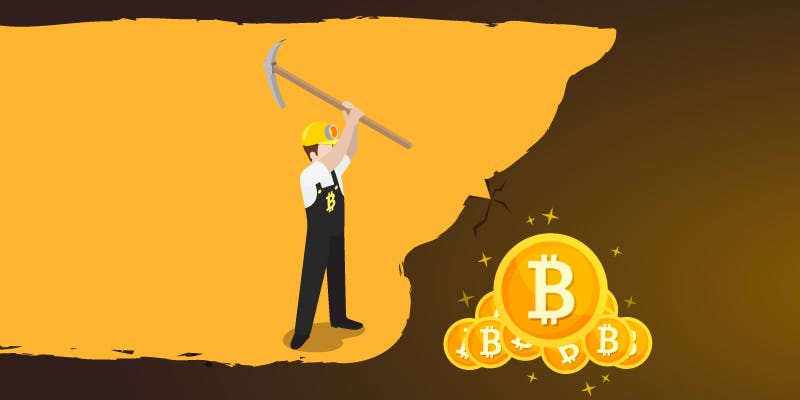Activists Embrace Bitcoin for Financial Independence
Activists around the world, particularly from authoritarian nations like Russia, Togo, and Venezuela, are turning to Bitcoin as a beacon of financial independence. In regions where local currencies are manipulated by oppressive governments, Bitcoin serves as a shield against surveillance and financial control.
![]() The lobby of the 12th annual Bitcoin Expo held at MIT. (Bryan Liu/ Beacon Staff)
The lobby of the 12th annual Bitcoin Expo held at MIT. (Bryan Liu/ Beacon Staff)
The Stigma of Cryptocurrency
Despite its potential, Bitcoin often faces a controversial stigma, especially following high-profile scandals like Sam Bankman-Fried’s trial for fraud. However, it’s crucial to recognize that fraud exists in traditional currencies too, with the Federal Trade Commission reporting over $10 billion in consumer losses in 2023 alone.
Empowerment in Authoritarian Regimes
At a panel during the Bitcoin Expo at MIT, Farida Nabourema, a Togolese activist, emphasized, "My country is ruled by the oldest military regime in sub-Saharan Africa... Money is the foundation of our struggle for freedom." In Togo, where the local currency is controlled by France, the CFA franc often benefits foreign economies at the expense of local citizens.
![]() Farida Nabourema explains the need for Bitcoin in Togo at MIT's Bitcoin Expo. (Bryan Liu/ Beacon Staff)
Farida Nabourema explains the need for Bitcoin in Togo at MIT's Bitcoin Expo. (Bryan Liu/ Beacon Staff)
The Role of Bitcoin in Activism
Anna Chekhovich, from the Anti-Corruption Foundation, shared her experience as a Russian activist living in exile. With the regime tracking transactions, many activists are cut off from traditional banking. "Bitcoin is the only option for us," she stated.
![]() Anna Chekhovich discusses financing activism with Bitcoin at MIT. (Bryan Liu/ Beacon Staff)
Anna Chekhovich discusses financing activism with Bitcoin at MIT. (Bryan Liu/ Beacon Staff)
Untraceable Currency
As journalist Roger Huang noted, Bitcoin offers a untraceable solution for activists. Even in places like Hong Kong, individuals are seeking alternatives to local currencies to evade government tracking.
Venezuelan Perspectives
Jorge Jraissati, a Venezuelan activist, highlighted the oppressive financial environment under President Nicolás Maduro. He believes Bitcoin is essential in their fight against a regime that has weaponized finance against its people.
![]() Jorge Jraissati speaks about Bitcoin's role in combating financial surveillance. (Bryan Liu/ Beacon Staff)
Jorge Jraissati speaks about Bitcoin's role in combating financial surveillance. (Bryan Liu/ Beacon Staff)
Conclusion
The discussion at the Bitcoin Expo illustrated how Bitcoin is not just a financial instrument but a powerful tool for economic decolonization and freedom in repressive regimes. Activists worldwide are leveraging its capabilities to fight against oppressive systems and reclaim their autonomy.





Comments
Join Our Community
Sign up to share your thoughts, engage with others, and become part of our growing community.
No comments yet
Be the first to share your thoughts and start the conversation!